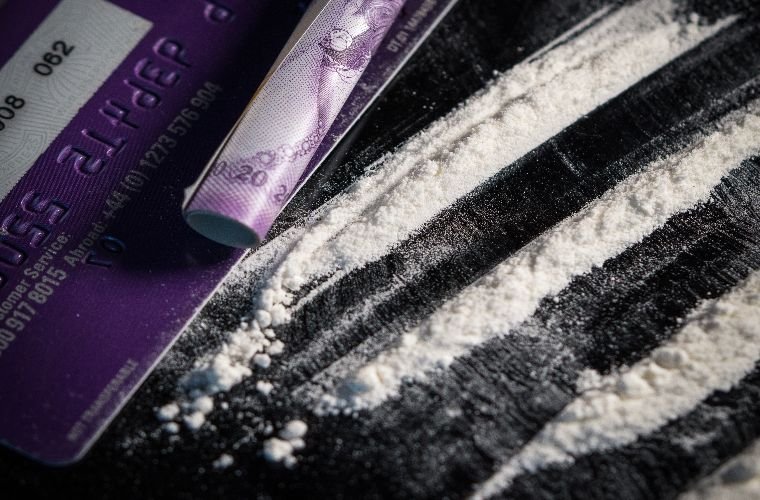Whoever said “happiness is the key to success” is proving themselves eerily right in a number of departments, including drug usage.
Researchers have found that elevated serotonin levels, the hormone of happiness, can prevent cocaine addiction in mice. Their findings suggest that serotonin plays an essential role in modulating the risk of addiction. Happy mice, happy life!
Background: How do you develop a Cocaine addiction?
Like other addictive drugs, cocaine blocks the reuptake of key neurotransmitters like dopamine and serotonin, causing a buildup of them, resulting in the drug’s euphoric effects. With chronic consumption, roughly 20 percent of cocaine users develop an addiction to the drug. What makes some people more susceptible to addiction than others?
Previous studies have suggested that the differential efficacy of the brain serotonin system could be a key agent in the development of cocaine addiction, but the process from casual to compulsive drug use remains unclear.
In this study conducted by researchers from the Okinawa Institute of Science and Technology Graduate School and the University of Geneva, the researchers discovered a mechanism that shows how serotonin modulates the development of compulsive cocaine-seeking and addiction in mice.
The research team, Yue Li and colleagues, only used cocaine in their experiment, but their results raise questions as to whether serotonin can prevent addiction to other addictive drugs, such as opioids.
Analysis: Bring in the mice…and the Cocaine!
Researchers conducted a series of experiments using both wild-type and transgenic mice to show how cocaine binds with serotonin transporters to block its reuptake. The wild-type mice had operating serotonin transporters, whereas the transgenic mice had serotonin transporters that would not bind with cocaine.
The wild-type mice had elevated levels of extracellular serotonin—a buildup of the neurotransmitter—that activated the serotonin receptor 5-HT1B and caused a presynaptic depression to inhibit transmission between the orbitofrontal cortex and the dorsal striatum. This process, essentially, is how the wild-type mice were prevented from becoming addicted to cocaine.
The transgenic mice weren’t as lucky. Since their serotonin transporters didn’t bind with cocaine, they didn’t receive a buildup of serotonin, so their compulsive cocaine-seeking behavior was amplified.
According to Katsuhiko Miyazaki, a scientist at the Okinawa Institute of Science and Technology Graduate School, further studies will clarify whether the activation of the serotonin receptor 5-HT1B in the presence of other addictive substances can prevent addiction.
Outlook: What does this mean for humans?
While the notion that more serotonin, and more happy hormones, drives away drug addiction is compelling, researchers still need to clarify the neural mechanism behind the transition from a compulsion to addiction.
In an email to The Debrief, Miyazaki writes, “Elucidating precise cellular mechanism for drug addiction is very important for developing a therapeutic strategy for drug addiction.”
“In the future, it will be important to examine what agents specific to serotonin receptors can be used and when these agents can be administered to potentially treat drug addiction,” he concluded.
Until we know more about these serotonin receptors, it’s difficult to pinpoint precisely what fuels addiction and what can stop it. In the meantime, however, it can’t hurt to seek happiness however we can.
Candy Chan is a journalist based in New York City. She recently graduated from Barnard College with a degree in History. Follow her reporting on her Twitter @candyschan.

